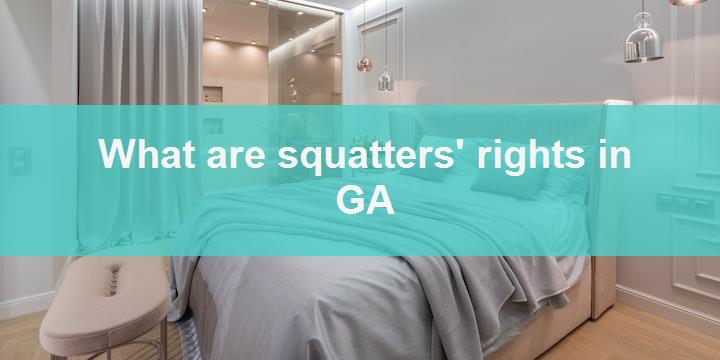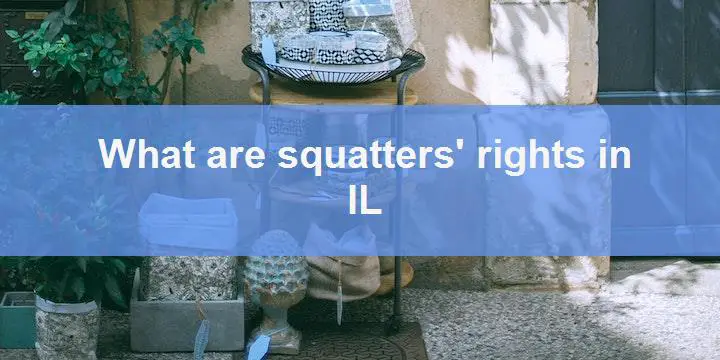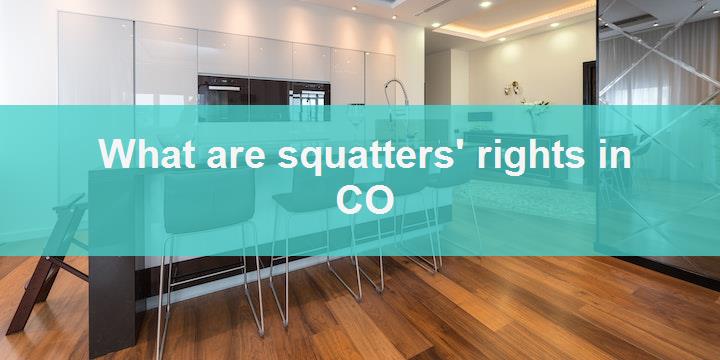What are squatters’ rights in Georgia?
Firstly, it’s important to understand what squatters’ rights are. Secondly, in the state of Georgia, these rights depend on various factors. Thirdly, one of the most important factors is the length of time the squatter has been in occupation. Fourthly, Georgia law recognizes the doctrine of adverse possession if the squatter has been occupying the property for at least 20 years. Fifthly, another crucial factor is whether the squatter is paying property taxes, as this could be seen as evidence of their intention to claim ownership. Lastly, it’s important to note that while squatters’ rights do exist in Georgia, they are complex and require a thorough understanding of the law.
What is the squatting/squatter?
Firstly, squatting refers to the act of occupying an abandoned or unoccupied property without the owner’s permission. Secondly, the squatter is a person or group of people who live in a property without any legal right to do so. For example, a group of homeless individuals might squat in an abandoned building in order to have a place to stay. Thirdly, squatting is often seen as a way to resist the capitalist system and challenge the idea of private property. Moreover, in some countries, squatting is perceived as a political statement and a way to protest against the government’s failure to provide affordable housing for the poor.
What is Adverse posession in Georgia?
Adverse possession is a legal concept that exists in Georgia. In essence, it is when someone takes possession of a property that belongs to someone else by living on or using it for a certain period of time without the owner’s permission. Adverse possession is a complicated legal issue with many different factors to consider. First, the claimant must have actual possession of the property, meaning that they have physically lived on it or used it for a certain amount of time. Second, the claimant must have possessed the property in a way that is open and obvious to the true owner. Third, the claimant must have possessed the property in a hostile manner, meaning that they did so without the owner’s permission. Overall, adverse possession is a complex legal issue that should be thoroughly researched and understood by anyone who is interested in it.
Is it legal to squat in Georgia?
Firstly, the legality of squatting in Georgia is a complex issue. While some may believe that it is legal because of the absence of clear regulations, others assert that squatting is against the law. Additionally, different counties and cities may have varying laws and regulations pertaining to the act of squatting. Furthermore, it is important to note that squatting may vary depending on the specifics of the situation, such as whether it is on public or private property. Consequently, it is crucial to do extensive research and possibly consult with legal experts to fully comprehend the legality of squatting in Georgia.
Can police remove squatters in Georgia?
Yes, the police can remove squatters in Georgia. Firstly, it’s important to understand that squatting is illegal in Georgia. Secondly, police officers have a duty to uphold the law and protect private property. If a property owner discovers squatters on their land, they should contact the police immediately. The police will investigate the situation and provide the necessary legal advice to the property owner. If the squatters refuse to leave, the police can take legal action to remove them. This includes obtaining a court order to evict the squatters and physically removing them if necessary. Therefore, it’s essential for property owners to work with the police to protect their assets from squatters.
How to evict squatter in Georgia?
If you’re a property owner in Georgia and you’ve got a squatter on your property, you may be wondering how to evict them legally. Firstly, it’s important to serve the squatter with a written notice to vacate the property, which gives them a certain amount of time to leave. If the squatter doesn’t leave by the deadline, you can file an eviction lawsuit. It’s also crucial to follow the correct legal procedures during the eviction process, such as providing the squatter with proper notice and not using force or threats to remove them. Ultimately, it’s best to seek the advice of a legal professional to ensure you follow all necessary steps and avoid any potential legal issues.
FAQ
Q: What is meant by squatters’ rights?
A: Squatters’ rights, also known as adverse possession, is a legal concept that allows a person to claim ownership of a property they have been using or living in without the owner’s permission for a certain amount of time.
Q: Does Georgia recognize squatters’ rights?
A: Yes, like many other states in the U.S, Georgia recognizes squatters’ rights.
Q: How long does a person have to occupy a property in Georgia to claim squatter’s rights?
A: In Georgia, a person must occupy a property continuously and openly for at least 20 years in order to claim squatter’s rights.
Q: What are the requirements to claim squatters’ rights in Georgia?
A: In order to claim squatters’ rights in Georgia, a person must prove that they have occupied the property continuously for at least 20 years, openly and notoriously, without the owner’s permission or interference, and must have paid property taxes on the property during that time.
Q: Can a squatter claim ownership of any property in a Georgia?
A: No, there are certain types of properties that cannot be claimed through squatters’ rights, such as government land, certain types of public property, and properties owned by another person who has a legal interest in the land.
Q: What happens if a squatter is evicted from a property?
A: If a squatter is evicted from a property, they will lose their claim to squatters’ rights on that particular property.
Q: Can a property owner protect their property from squatters?
A: Yes, a property owner can protect their property from squatters by taking certain steps, such as regularly inspecting the property, posting no-trespassing signs, and taking legal action against squatters who have been on the property for an extended period of time.
Q: Is it possible for a squatter to obtain legal ownership of a property without the owner’s permission in Georgia?
A: Yes, if a squatter meets all the requirements for adverse possession in Georgia, they can obtain legal ownership of the property without the owner’s permission. However, adverse possession is a complex legal concept, and it is always recommended that property owners seek legal advice to protect their interests.
Also Reading
Better know before moving to West Virginia
Manchester average rent
Cost of home inspection in Massachusetts?




